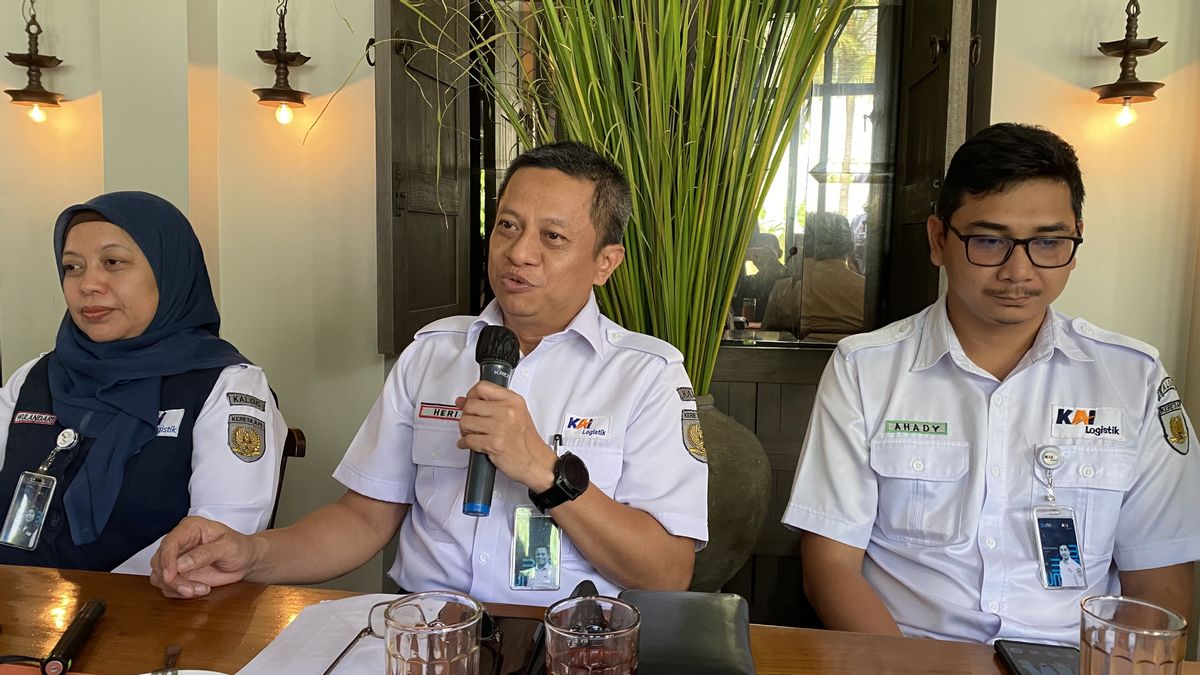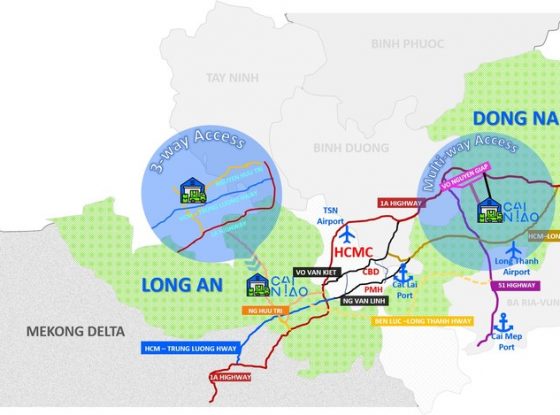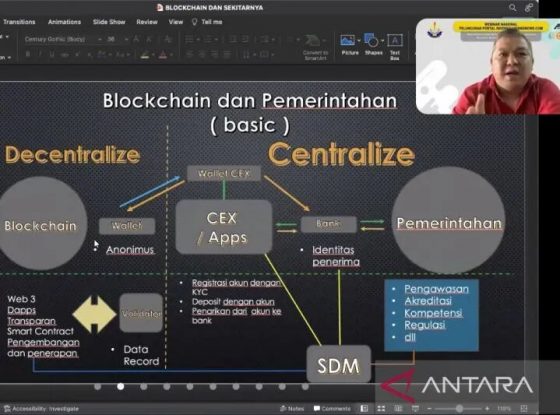Strengthening Business, KAI Logistics Officially Pockets Halal Certification For Three Terminals

JAKARTA – PT Kereta Api Logistik (KAI Logistik), a subsidiary of KAI Group, has strengthened its position in the country’s logistics industry by pocketing a guarantee for a halal certificate issued by the Halal Product Guarantee Administration (BPJPH) with the ID0041001828700424 number.
The certificate was issued on June 14, 2024, for the types of Distribution Services products registered at three terminals, namely the Lagoa River Goods Terminal, the Klari Area Goods Terminal, and the Kalimas Area Goods Terminal.
For your information, based on Government Regulation of the Republic of Indonesia Number 39 of 2021 concerning the Implementation of the Halal Product Guarantee Sector, logistics services are included in one of the services that need halal certification before October 17, 2024 because they are in close contact with product distribution processes such as food, beverages, cosmetics, pharmaceuticals and others.
KAI Logistics Director of Operations Heri Siswanto revealed that KAI Logistics obtained the halal certification through a series of processes including business registration at the SIHAL BPJPH portal. Then a halal examination was carried out on the implementation of the Halal Product Guarantee System (SJPH) which is an integrated, structured, implemented system.
Then, continued Heri, it is maintained to regulate distribution services and procedures in order to maintain the continuity of the halal product process.
Heri said that the halal certification that had been obtained was a form of company compliance with applicable regulations.
In addition, it is also an effort to meet the requests of multi-commodity customers.
“Especially in the field of FMCG (Fast Moving Consumer Goods), which requires end-to-end product halal security guarantees throughout the supply chain, this is no exception to the product distribution process. This is of course in line with the tagline KAI Logistics isosible, which is all possible with KAI Logistics,” he said during a press conference, in Jakarta, Wednesday, July 24.
Through the halal certification that has been pocketed successfully, continued Heri, KAI Logistics can provide guarantees to multi-commodity customers who need halal standard container transportation services.
The guarantees given are not only to the storage and delivery of containers at Container Yard, but also to the process of washing containers that will be used according to the Standard Operating Procedure for halal container washing. This is an added value for customers who cooperate with KAI Logistics,” he said.
Even though the halal certification given is lifetime, continued Heri, KAI logistics will still be committed to continuously paying attention to responsibilities in providing halal guarantees through internal audits by Logistics KAI researchers which are carried out at least once a year and external audits by BPJPH and halal product guarantee stakeholders.
Heri said that the seriousness of KAI Logistics in ensuring standardization can also be proven by conducting halal certification training on a number of representatives of KAI Logistics HR.
In the near future, continued Heri, KAI Logistik plans to continue to improve the quality of services by expanding the guarantee location of halal certification in other multi-commodity transportation areas.
“Because we consider that this halal certification is not only a matter of compliance with regulations but also a shared responsibility in providing safe and trusted products and services for consumers. Furthermore, this step is also the company’s commitment to support the growth of the halal industry in Indonesia,” said Heri.
Meanwhile, Head of BPJPH Muhammad Aqil Irham revealed that halal certification in Indonesia applies a tracking system, where checks will be traced from upstream to downstream.
According to him, KAI Logistics as a subsidiary of BUMN is a good example and should be imitated by other logistics service companies, to provide certainty of guarantees for halal products from farm to fork.
“So that the halal ecosystem is increasingly mature, this helps us in carrying out our halal certification obligations which will start in October this year, specifically for medium, large and foreign industries. Hopefully this can be replicated so that if the upstream sector is halal certified, our UMK players will be much easier to get halal certificates,” he said.
Source : voi.id



